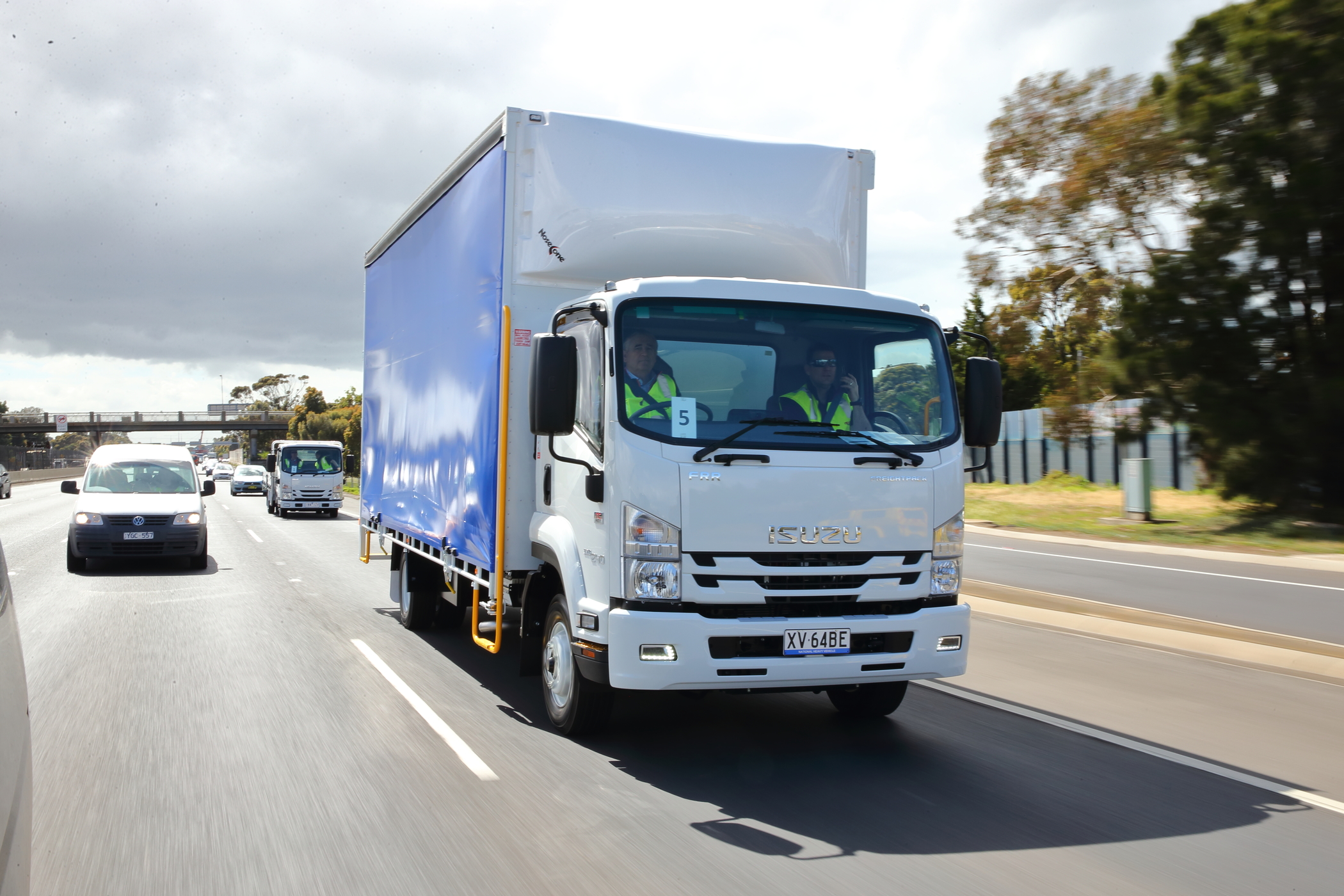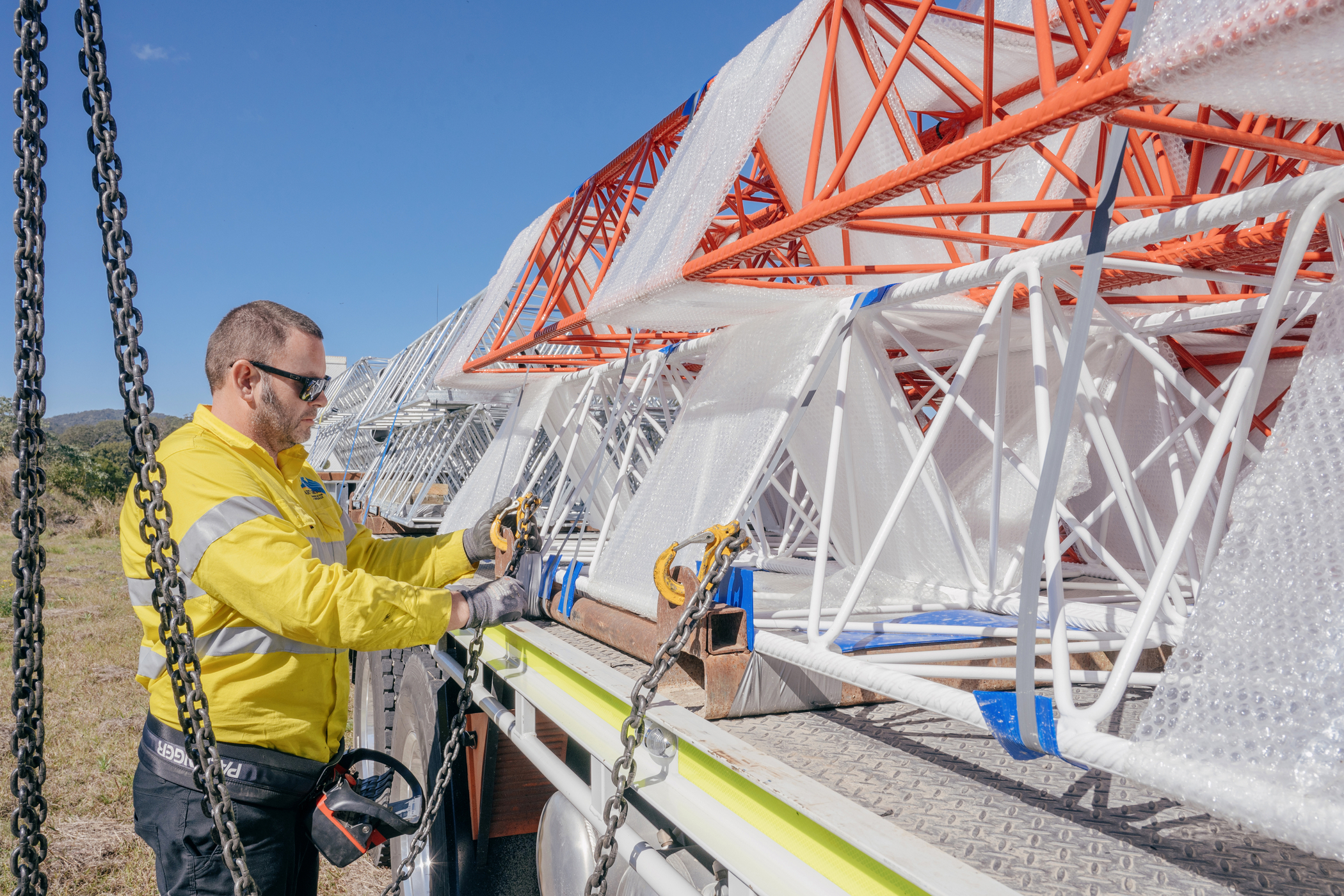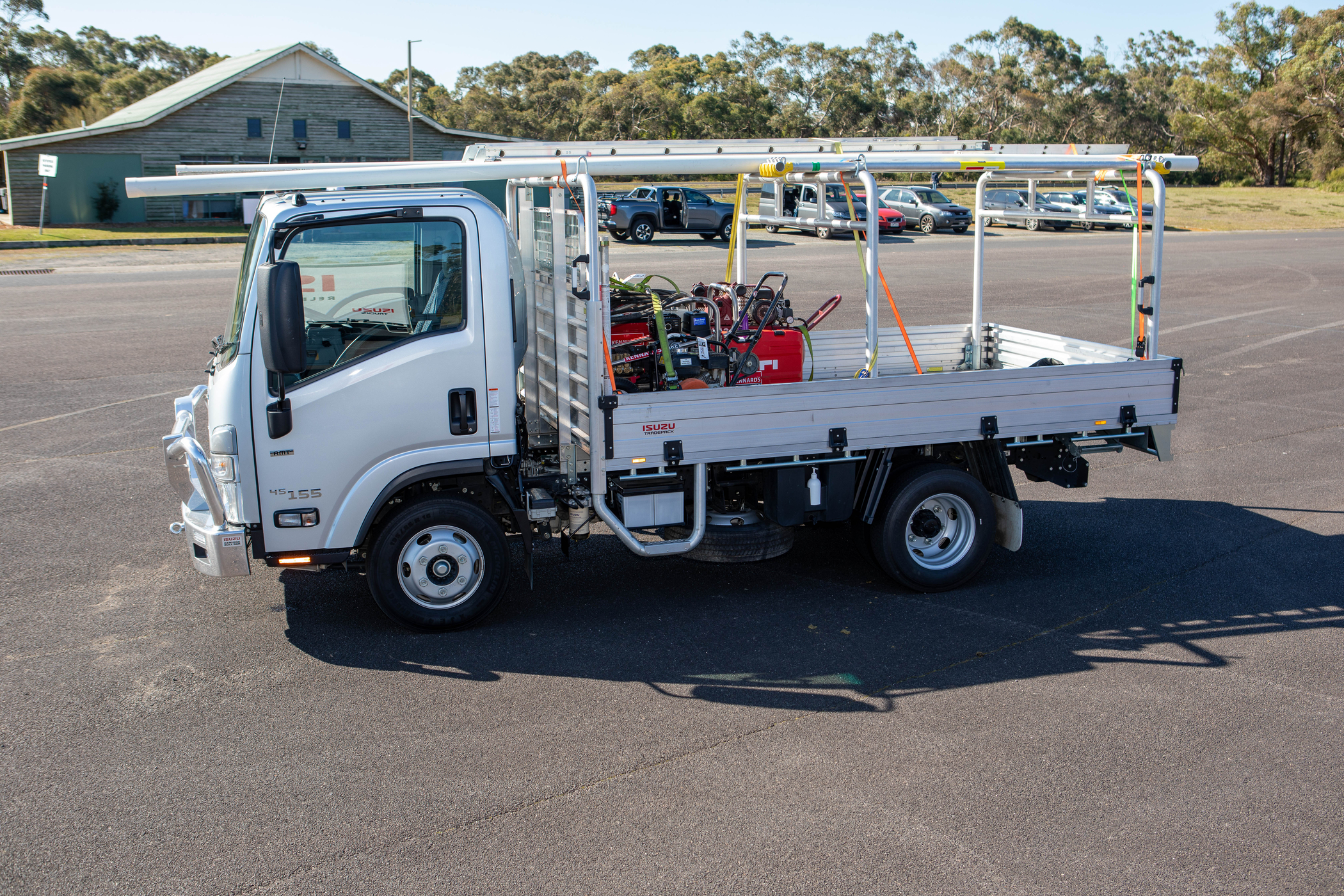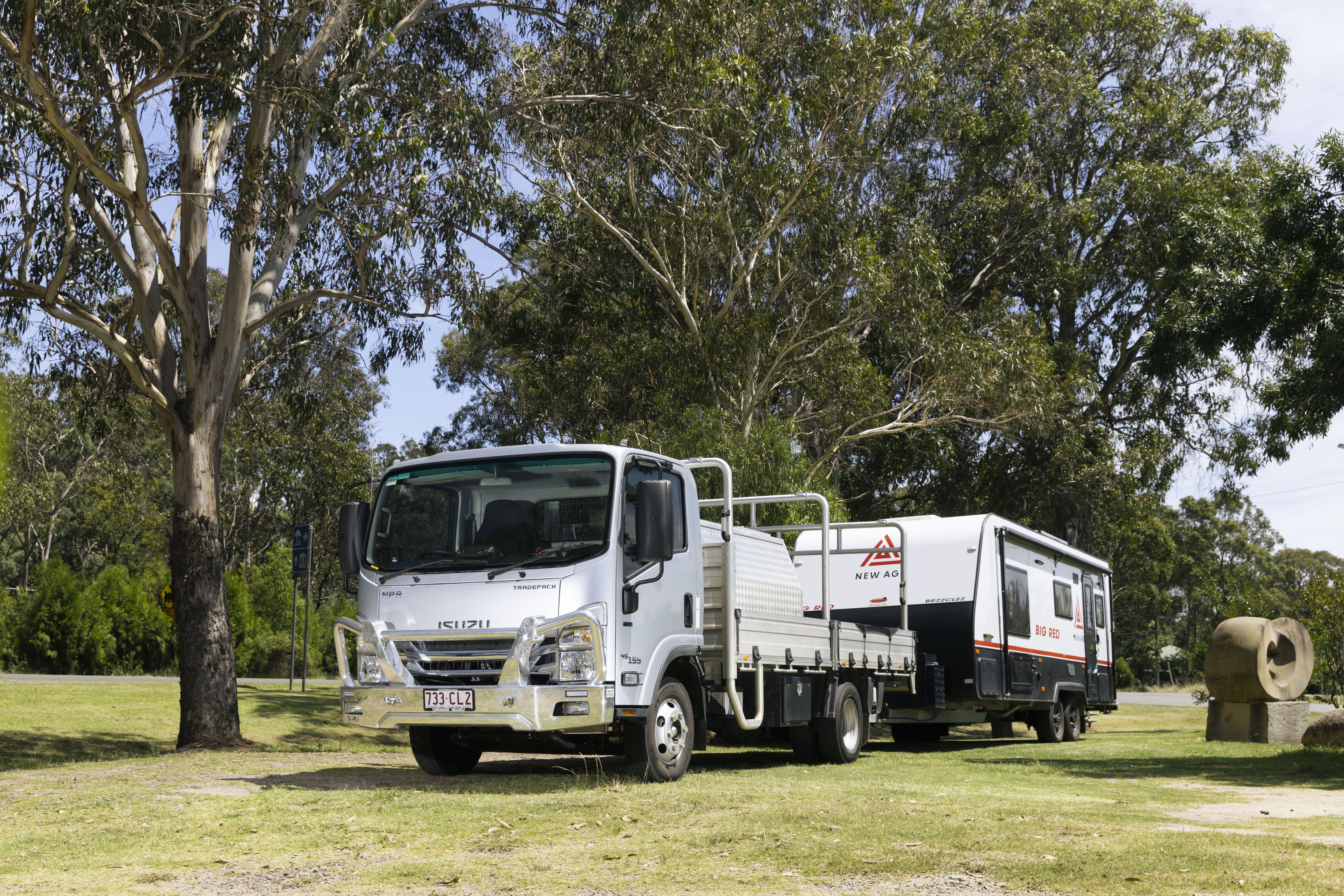Keep it clean: litter laws on the road
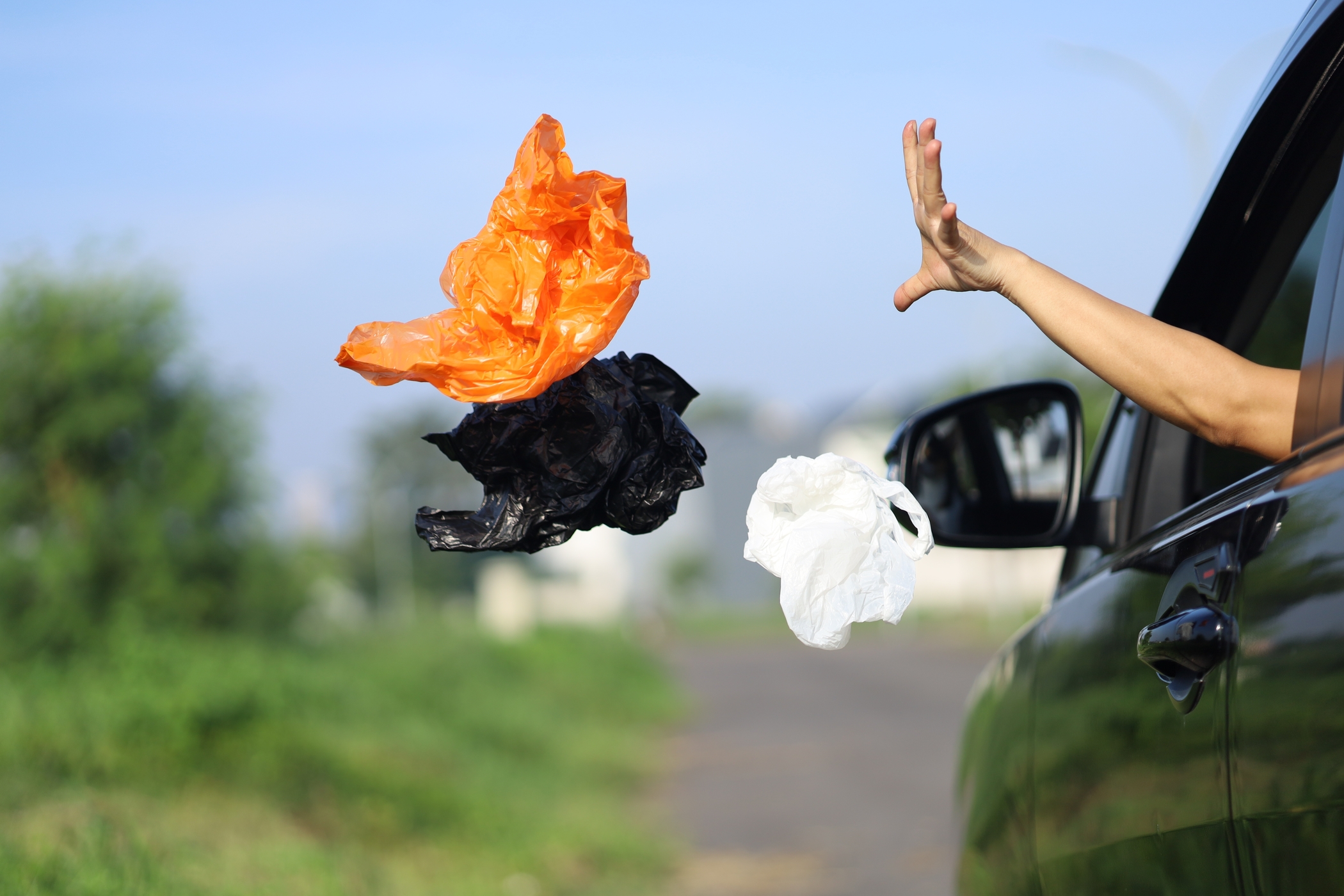
When you’re looking forward to a much-needed break from driving and pull up to a rest stop, the last thing you want to see is rubbish left by a previous visitor.
Aside from the visual annoyance (and the unappealing smell on a hot summer day), littering is illegal across all states and territories of Australia. You can cop a mean fine or even a court hearing, depending on the severity of the infraction.
But the issues don't start and end with a hit to the hip pocket. Littering and dumping waste at rest areas and on highways quickly finds its way into the environment, polluting waterways, impacting the ecosystem and potentially harming wildlife sharing these spaces with us.
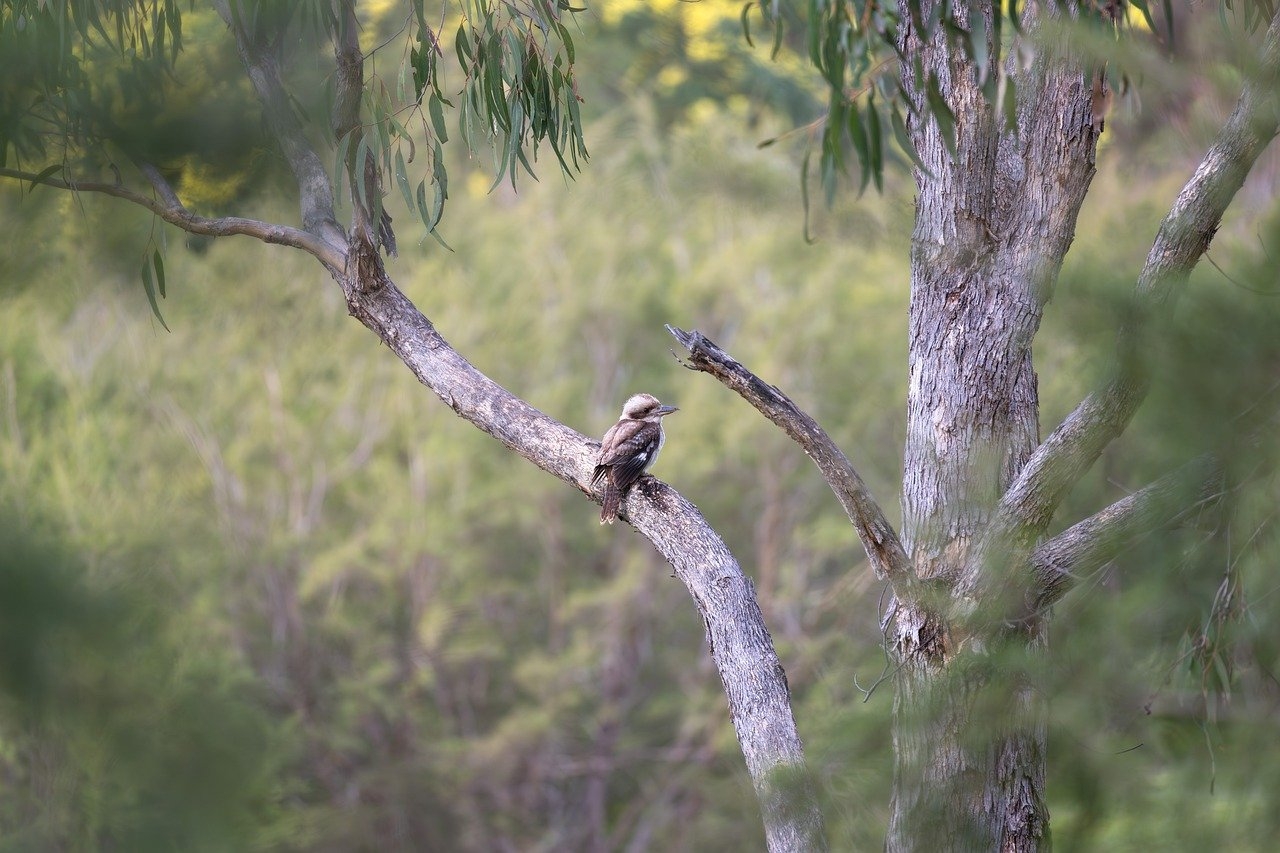
Courtesy of Pixabay
Littering vs dumping: the difference
Littering is the act of dropping rubbish on the ground, which includes common items like cigarette butts, empty drink bottles, food wrapping and food scraps.
Dumping is the act of illegally leaving large amounts of rubbish or waste, such as hard rubbish from a towed trailer or bags of food waste from the cab of a truck, left in a location not licenced for accepting waste.
Dumping at rest areas and along highways in Australia results in large fines and penalties if you’re caught in the act or reported.
Dumping along highways is more of a trickier issue to police, as state governments have begun identifying that highway dumping is often a result of a lack of education around the laws on dumping, the assumption that councils will routinely clear up dumped rubbish, and issues around inaccessibility to rubbish dumps due to distances, locations or fees.
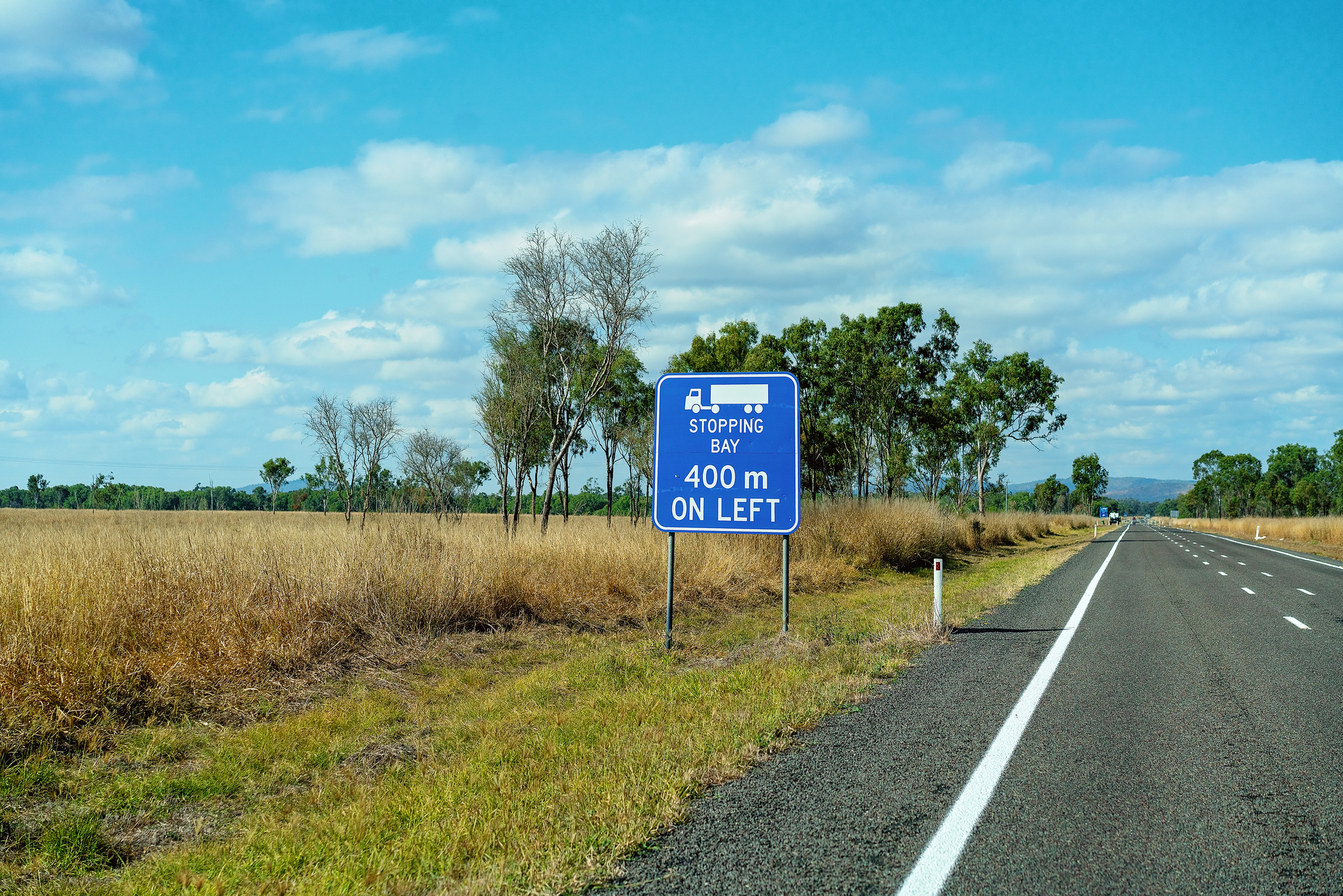
Courtesy of Shutterstock
Many dedicated rest areas are currently being revamped with the help of the Australian Government and local committees and shires. This will positively impact rubbish and recycling, assisting commuters and truck drivers in accessing the correct bins, and making it easier to keep these spaces litter-free.
Litter road rules state by state
If you’re regularly on the road, you might take some interest in knowing the applicable laws for your state or territory.
Victoria
In the state of Victoria, littering from a vehicle is illegal. A $395 fine for a small item of rubbish can result, and for dangerous rubbish items such as a lit cigarette, it can easily be double that.
Common types of reported dumped waste include household waste, construction waste, broken white goods, and tyres. Illegal dumping costs the environment and can cause flow-on issues like air pollution, water pollution, and fires.
Tasmania
In Tasmania, littering incurs an on-the-spot fine and could result in a court hearing.
For more information, check out epa.tas.gov.au on ways to get involved with reducing litter and stopping illegal dumping.
South Australia
In South Australia, fines range from $210 for general litter to $500 for hazardous litter such as lit cigarettes and even more for large volumes of litter or illegal dumping.
Dumping hazardous litter can result in a maximum fine of $120,000. Visit the SA EPA website for more information on littering and dumping laws.
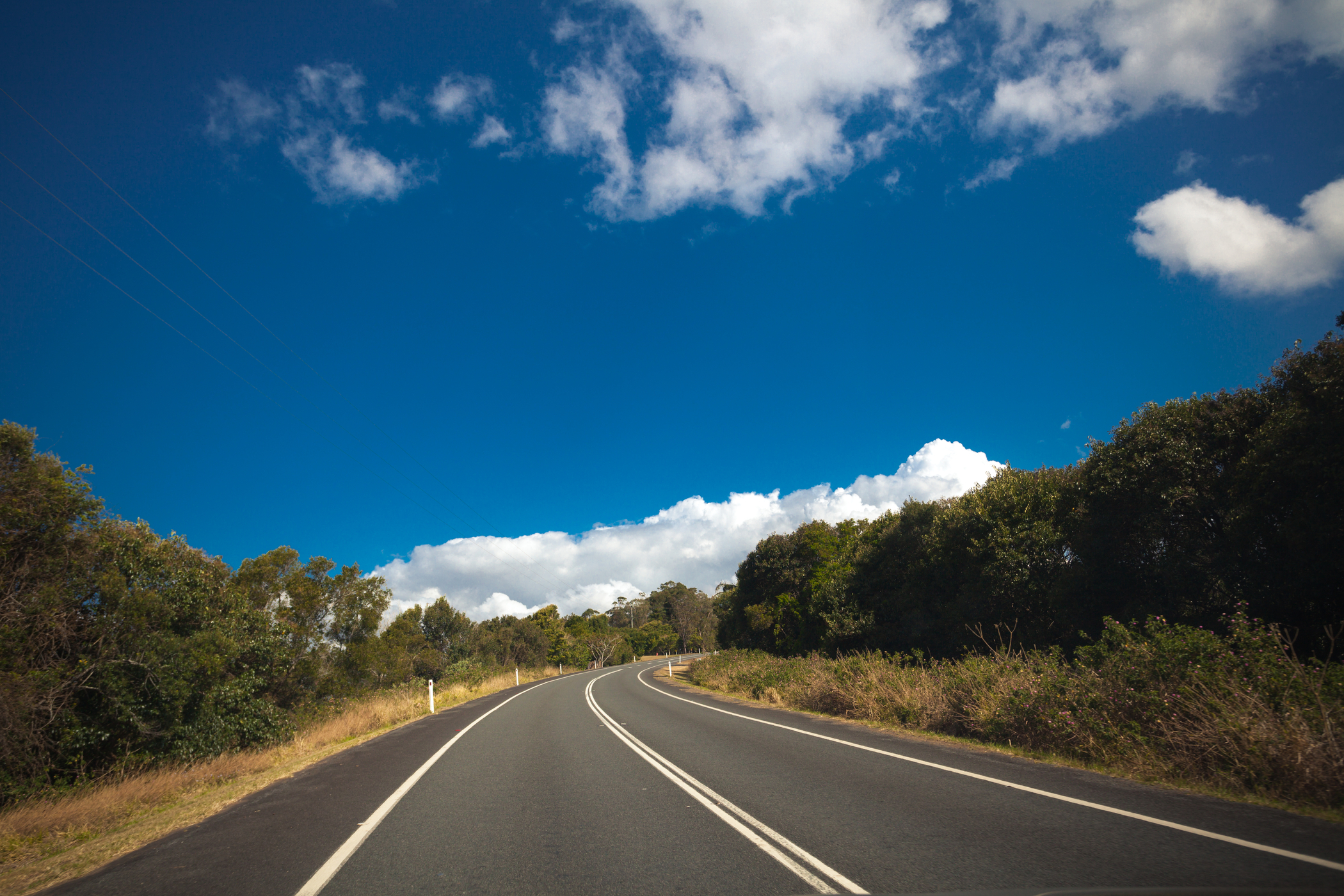
Courtesy of Shutterstock
Western Australia
In Western Australia, littering incurs fines starting at $200. This includes dropping cigarette butts, trash and bottles, unsecured loads from vehicles and more. Hazardous litter items incur fines starting at $500. When littering from a vehicle occurs, the registered owner of the vehicle is held responsible if no further person can be identified.
Illegal dumping carries a maximum penalty of $62,500, and for corporate bodies, $125,000.
Northern Territory
Littering and dumping in the Northern Territory are serious issues that are harmful to the environment and are, therefore, classed as environmental crimes.
For further information on fines and classifications, visit the NT Environment Protection Authority (EPA) website.
Queensland
In the state of Queensland, general littering starts at a fine of $322 and goes up to $4,800. Dangerous littering, such as lit cigarette butts, starts at fines of $645 and upwards of $6,400.
The most commonly littered items include cigarette butts, drinks bottles and fast food packaging, food scraps like apple cores, green waste such as palm fronds and grass clippings, fishing tackle, and balloons.

Courtesy of Shutterstock
New South Wales
In the state of New South Wales, littering laws cover throwing food wrappers or cigarette butts from a vehicle, leaving a food container under a park bench, stubbing a cigarette onto a footpath, and allowing soil, sand or garden waste to blow from a moving vehicle—to name a few!
An on-the-spot fine can start at $160 but go up to $5,000, while dangerous litter and illegal dumping can be upwards of $25,000. In protected areas, fines can jump up to $50,000.
Australian Capital Territory
In the ACT littering through unsecured or covered loads on vehicles incurs on-the-spot fines starting at $500 for individuals and $2,500 when connected with a corporation. Littering of small items like food wrappers or pieces of paper starts at a fine of $150, while a soft drink can incur a fine of $300, and a cigarette butt upwards of $500.
Illegal dumping in the ACT, including along highways, can incur on-the-spot fines starting at $500, and court-issued fines can go as high as $16,000 and upwards of $80,000 when connected to a corporation.

Courtesy of Pixabay
What can you do?
If the bins at a rest area are too full or you’re struggling to find an appropriate place to dispose of rubbish, you can do a few things rather than letting litter go.
The easiest solution is to keep rubbish and food waste with you and neatly store it to prevent it from cluttering the truck cab or rest area.
Large ziplock bags are easy to open, drop in rubbish, and, once closed, keep any smells contained. If you would prefer something sturdy, a container with a sealable lid is a great solution to rubbish and food waste. Once closed, it traps any bad smells inside.
If you’re keen to get involved in efforts to clean up your local highway, you can always get a group together within your community or friendship circle and register with initiatives such as Clean Up Australia. Clean Up Australia Day is held every year on the first Sunday in March and has become the largest community-based environmental event in Australia.
But you don’t need to wait for March to make a difference—it all starts with recognising your daily habits behind the wheel.
Feeling inspired to donate time, energy, or your driving skills to a worthy cause? Check out this blog on charities and outreach programs related to trucks.


Lead the charge with Australia’s favourite truck.
2025 heralds Isuzu Trucks’ 36th year as market leader.* Number one in more than just sales, though, Isuzu Trucks has an unparalleled dealer support network, customer care program, truck range, and legendary reliability. To get behind the wheel of a winner, get into your nearest Isuzu Trucks Dealer now or visit isuzu.com.au
Learn More
